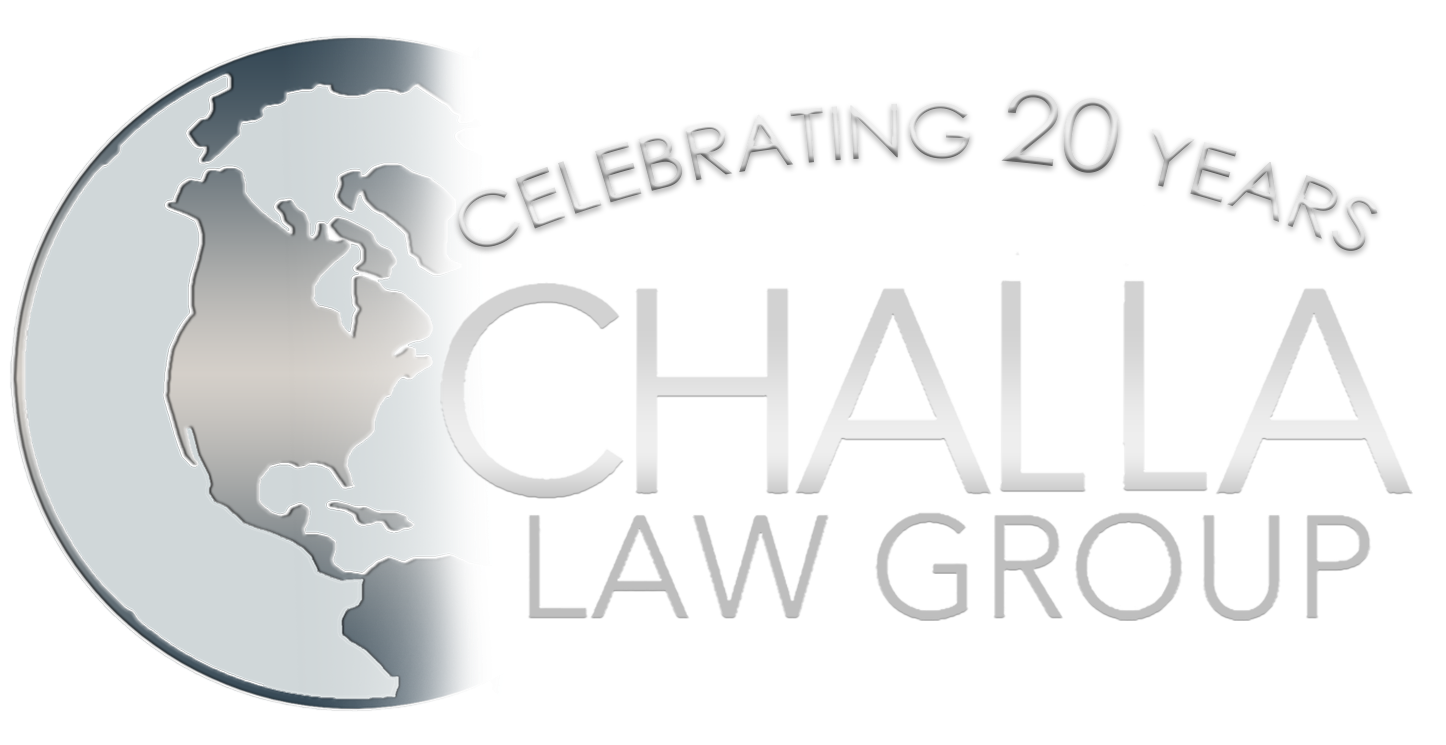USCIS Interprets 12 Month Training Limit for F-1 Students at Same Degree Level
Recently, U.S. Citizenship and Immigration Services (USCIS) has taken a restrictive reading of 8 C.F.R. § 214.2(f)(10), issuing Requests for Evidence (RFEs) and denials for certain H-1B change of status petitions in which the foreign national used more than 12 months of combined Curricular Practical Training (CPT) and Optional Practical Training (OPT) at the same degree level. USCIS has interpreted that the 12-month limitation of practical training eligibility encompasses both CPT and OPT. If a foreign national has utilized CPT after already maximizing OPT work authorization at the same educational level (despite the degree program being at a different institution) USCIS has interpreted the individual to have failed to maintain a valid F-1 status.
While this appears to be a new interpretation of existing regulations, it does not yet appear that USCIS has applied the standard to all cases. Currently, USCIS appears to be targeting RFEs and denials for cases where the foreign national is enrolled in a second master’s degree at an institution that authorizes immediate CPT. In other words, these tend to be cases where a foreign national, upon completion of his or her OPT, continues working for the OPT employer by enrolling in an institution that will immediately authorize CPT to do so.
Although not failproof, it is recommended to obtain documentation from the student and the CPT-granting institution from the outset to substantiate the validity of the CPT, such as (but not limited to):
- Official copies of the student’s current transcript;
- Copies of degrees and/or certificates issued to the student showing course completion;
- Receipts for tuition payments, books, parking passes, and school supplies;
- Student’s school ID;
- Course syllabi or outlines for the student’s current program;
- Documentary evidence to show that the student was physically attending the courses in which s/he was enrolled (e.g. transportation receipts, confirmed transportation reservations, attendance records, etc.);
- Utility bills/rental contracts or other receipts documenting the student’s current residence;
- Confirmation as to the number of online/distance education class credits the student was/is enrolled in for the duration of his/her studies;
- A letter from the school, that establishes that the student has been engaged in a full course of study and is working towards program completion; and
- A letter from the school or the employer explaining how CPT is directly related to the academic program and how it will form an integral part of that program.
It may be advantageous to consular process the H-1B visa in the event that the USCIS approves the underlying petition but denies the change of status request.
Don’t forget to register for Challa Law Group’s webinar series, where Managing Attorney explores strategies for navigating the new immigration challenges and answers your questions live. Join us every Wednesday at 12 PM EST.
Don’t miss out on the immigration news! You can sign up for our mailing list or follow us on Facebook, Twitter, Instagram, YouTube, or LinkedIn. You can also join our Telegram community.
Contact us at info@challalaw.com or 804-360-8482 to get your case started today.


